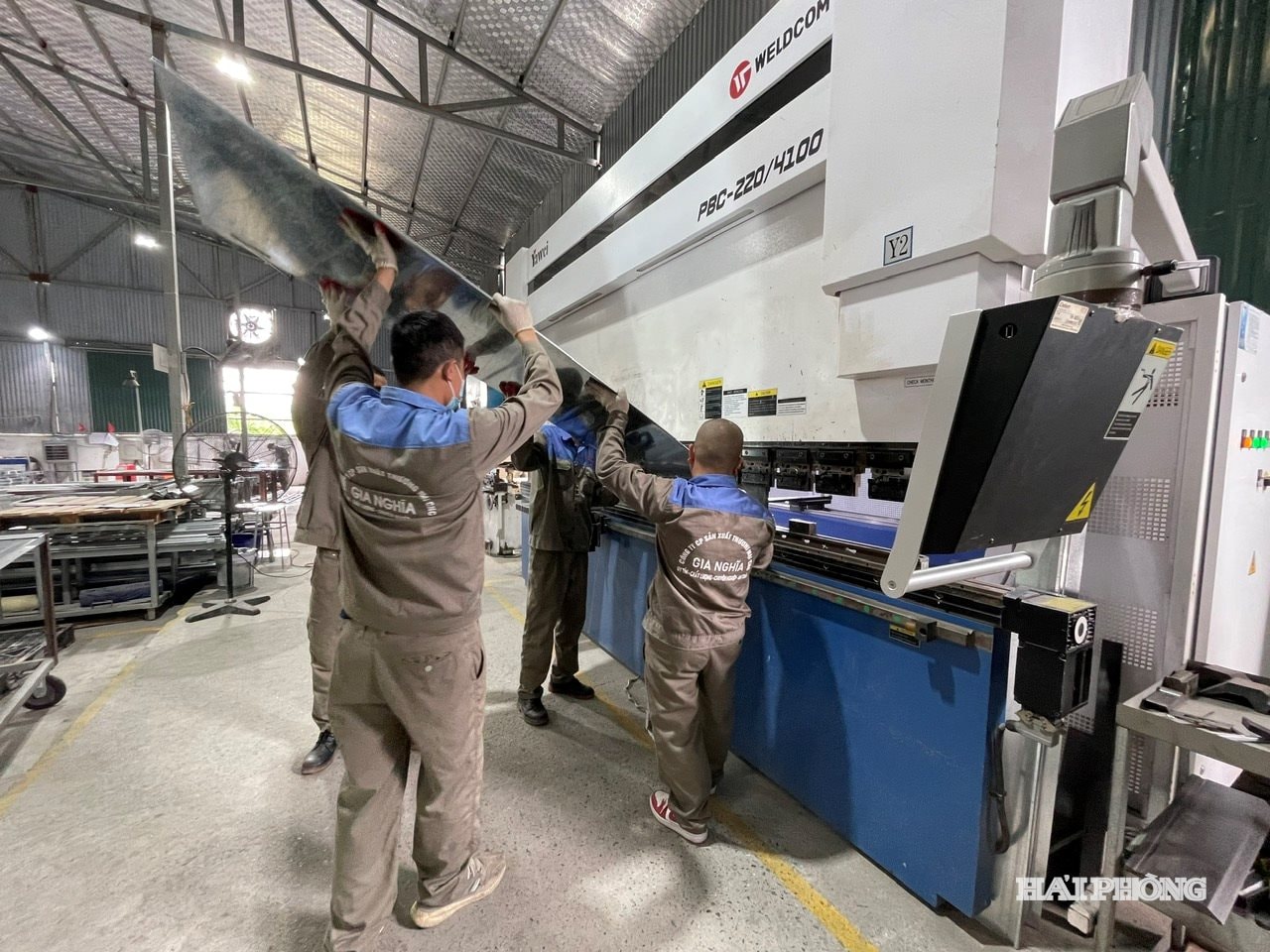
Workers' concerns
At the age of 40, Ms. Dang Minh Thuy (in Hanoi ) experienced challenging days when the epidemic forced the private high school where she worked as a clerk to cut staff.
After two years of unemployment, she struggled to make ends meet, worried about her young child, and an uncertain future. The turning point came when she received unemployment insurance and enrolled in a free bartending training course.
“The course not only gave me skills but also boosted my confidence. I met people in the same situation and was encouraged to dare to change. The bartending profession suits my careful nature, thanks to which I opened a coffee shop at home to have a stable income,” Ms. Thuy shared.
Ms. Luu Thi Nhung (Yen Lang commune, Hanoi) is a single mother, who used to struggle with a meager salary as a worker in Quang Minh industrial park. Her low income made her dream of learning massage therapy, but the cost was too high.
A month after completing the procedures to receive unemployment insurance, she was informed about the policy of supporting free vocational training. Seizing the opportunity, she registered to study and then borrowed money to open a spa facility right in her hometown.
“Now, the business is operating stably, bringing in enough income to raise my children and send them to school. Unemployment insurance has helped me in the most difficult times. I hope that there will be more policies like this so that workers have the opportunity to learn a suitable profession and become independent in their lives,” Ms. Nhung shared.
Become a proactive policy
Deputy Minister of Home Affairs Nguyen Manh Khuong affirmed that the 2025 Employment Law inherits the appropriate points of the 2013 Law, while adding many new regulations to make unemployment insurance a proactive policy, linked to the actual needs of the labor market.
The law emphasizes five prominent roles: First, unemployment insurance supports businesses in training and fostering to maintain employment for workers. Support conditions are relaxed, making it easier for businesses to access, thereby limiting unemployment at the root.
Second, unemployment insurance regulates labor supply and demand through job counseling and referrals. Employment service centers act as a bridge, promoting faster market reintegration.
Third, unemployment insurance creates conditions for workers to learn a trade and improve their skills. This is an important step to increase the rate of trained workers, contributing to improving the quality of human resources.
Law 2025 also expands support, including meal allowances during school, to ease the financial burden.
Fourth, unemployment insurance replaces and partially compensates income when workers lose their jobs, helping them overcome difficult times and stabilize their psychology.
Fifth, the policy contributes to reducing the burden on the state budget in dealing with unemployment, creating conditions to reserve resources for other development goals.
Director of the National Center for Employment Services Ngo Xuan Lieu pointed out: The number of people receiving vocational training support is still very low, only nearly 3% compared to the total number of people receiving unemployment benefits. The reasons come from all three sides: training facilities have not met social needs, high costs, lack of suitable occupations; workers are mainly interested in subsidies, need immediate income so choose general jobs; businesses lack simple labor, so even with training, workers are still only assigned short-term jobs, difficult to stick with the profession they have learned.
Difficulties also come from the lack of flexibility in coordination between insurance agencies, employment service centers and vocational training facilities; problems in paying tuition fees cause the progress of opening classes to be delayed. These factors reduce the effectiveness of the policy and create frustration among workers.
Currently, the National Center for Employment Services is coordinating with the Department of Employment and related units to develop a decree guiding the Law on Employment 2025, in order to overcome shortcomings, design a practical vocational training policy, and encourage workers to proactively participate. Job fairs, skills training classes and communication activities continue to be promoted to raise social awareness of the long-term value of unemployment insurance.
HOAI THU (nhandan.vn)Source: https://baohaiphong.vn/bao-hiem-that-nghiep-huong-toi-ben-vung-522634.html






![[Photo] National Assembly Chairman Tran Thanh Man receives First Vice Chairman of the Federation Council of the Federal Assembly of the Russian Federation](/_next/image?url=https%3A%2F%2Fvphoto.vietnam.vn%2Fthumb%2F1200x675%2Fvietnam%2Fresource%2FIMAGE%2F2025%2F12%2F02%2F1764648408509_ndo_br_bnd-8452-jpg.webp&w=3840&q=75)

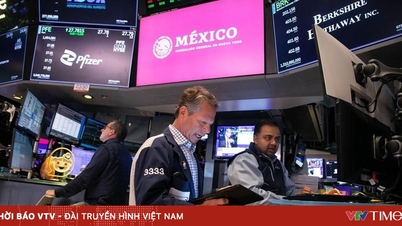

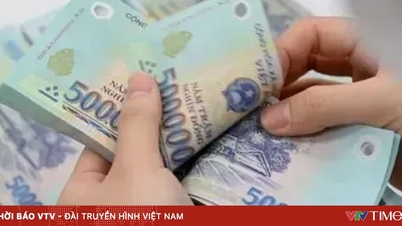
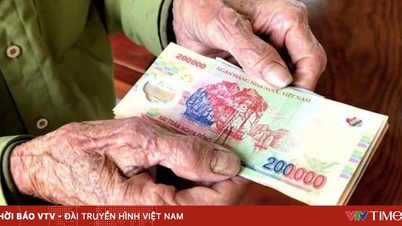




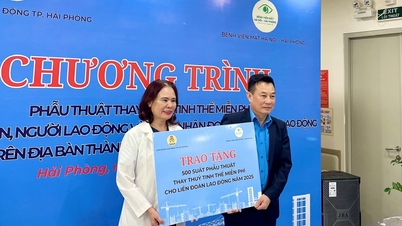
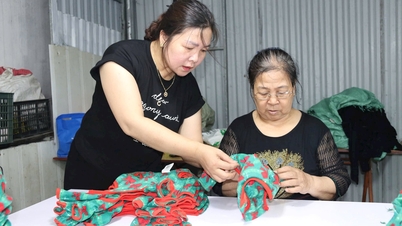
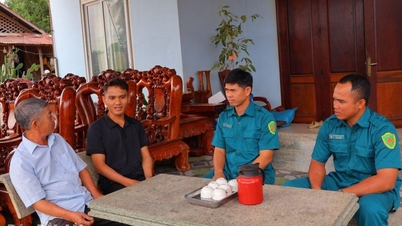




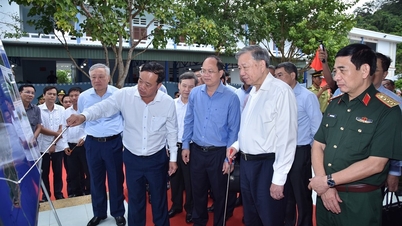

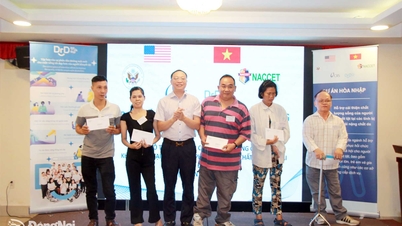







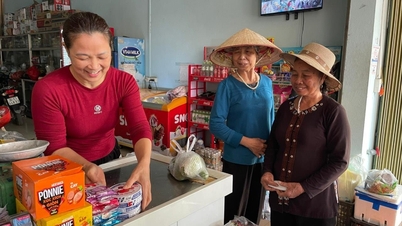

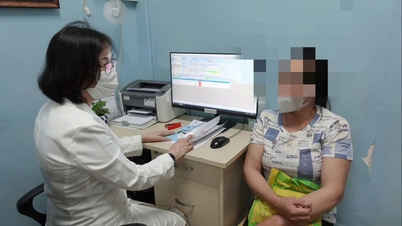


















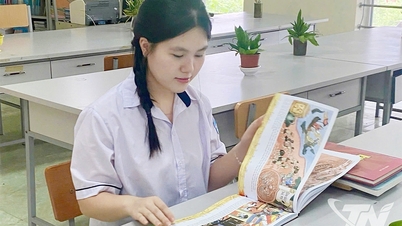
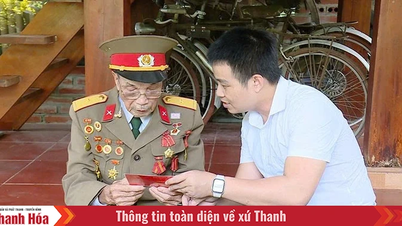










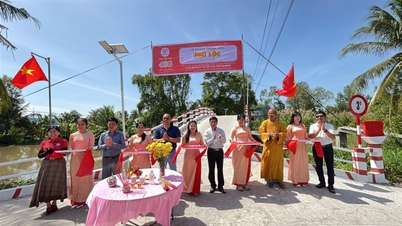








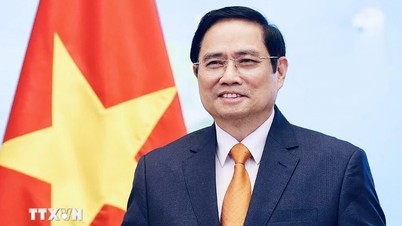


![[Photo] General Secretary To Lam and his wife attend the 50th Anniversary of Laos National Day](https://vphoto.vietnam.vn/thumb/402x226/vietnam/resource/IMAGE/2025/12/02/1764644139308_1.jpeg)

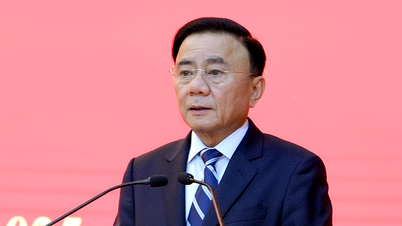







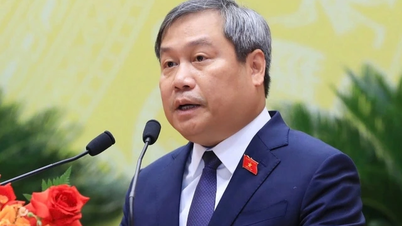

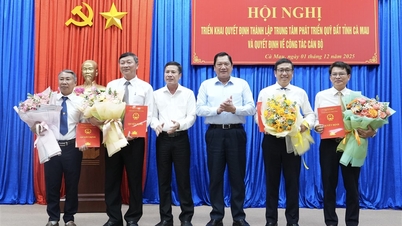

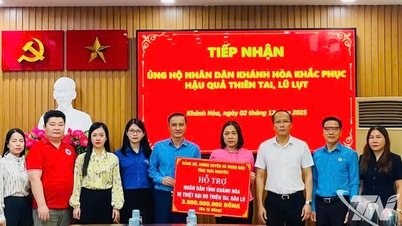
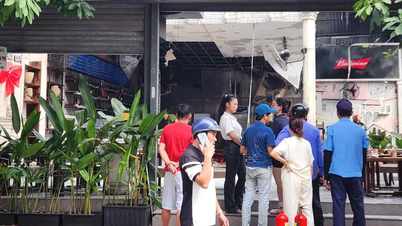














Comment (0)